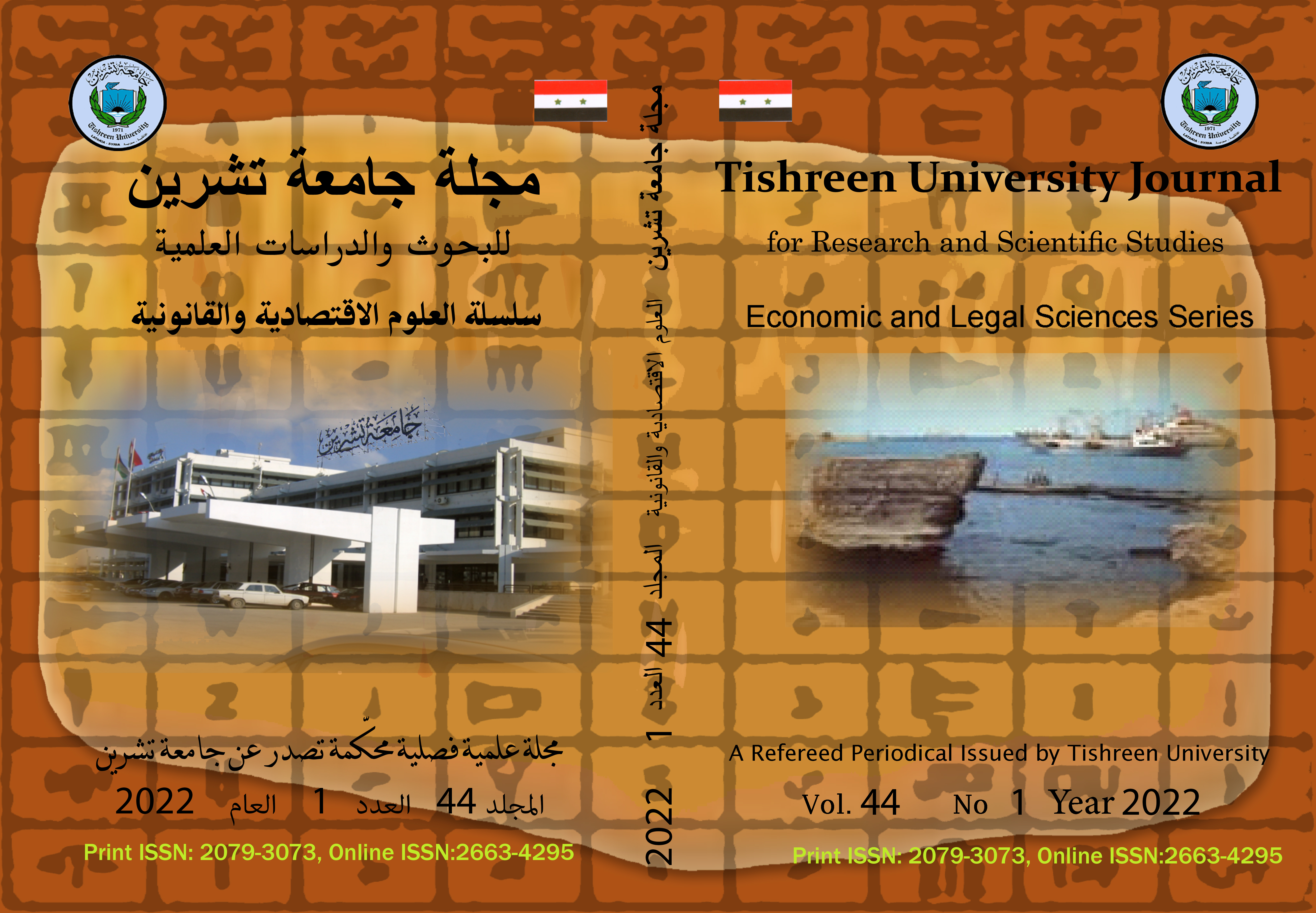Genocide And Crimes Against Humanity Under The Rome Statute
Abstract
The 20th century was a time of extreme violence. Throughout it, several large-scale massacres had been committed in different parts of the world, in which the lives of millions of innocent people had been taken. The thing that prompted the international community to criminalize the grave acts that shook the conscience of humanity and threatened the security and safety of states, referring to them as "international crimes" that were limited to the four crimes listed in the Rome Statute that established the International Criminal Court.
Among these four crimes, genocide and crimes against humanity have been given international status regardless of whether they were committed during a period of peace or conflict. While these two crimes vary in some respects, they overlap in others, creating a kind of confusion for national courts and even international criminal courts. Therefore, this article focuses on outlining the main points that distinguish each of these crimes.
Downloads
Published
How to Cite
Issue
Section
License

This work is licensed under a Creative Commons Attribution-NonCommercial-ShareAlike 4.0 International License.
-
The authors retain the copyright and grant the right to publish in the magazine for the first time with the transfer of the commercial right to Tishreen University Journal of Research and Scientific Studies - Economic and Legal Sciences
Under a CC BY- NC-SA 04 license that allows others to share the work with of the work's authorship and initial publication in this journal. Authors can use a copy of their articles in their scientific activity, and on their scientific websites, provided that the place of publication is indicted in Tishreen University Journal of Research and Scientific Studies - Economic and Legal Sciences . The Readers have the right to send, print and subscribe to the initial version of the article, and the title of Tishreen University Journal of Research and Scientific Studies - Economic and Legal Sciences Publisher
-
journal uses a CC BY-NC-SA license which mean
You are free to:
- Share — copy and redistribute the material in any medium or format
- Adapt — remix, transform, and build upon the material
- The licensor cannot revoke these freedoms as long as you follow the license terms.
-
Attribution — You must give appropriate credit, provide a link to the license, and indicate if changes were made. You may do so in any reasonable manner, but not in any way that suggests the licensor endorses you or your use.
-
NonCommercial — You may not use the material for commercial purposes.
-
ShareAlike — If you remix, transform, or build upon the material, you must distribute your contributions under the same license as the original.
- No additional restrictions — You may not apply legal terms or technological measures that legally restrict others from doing anything the license permits.

